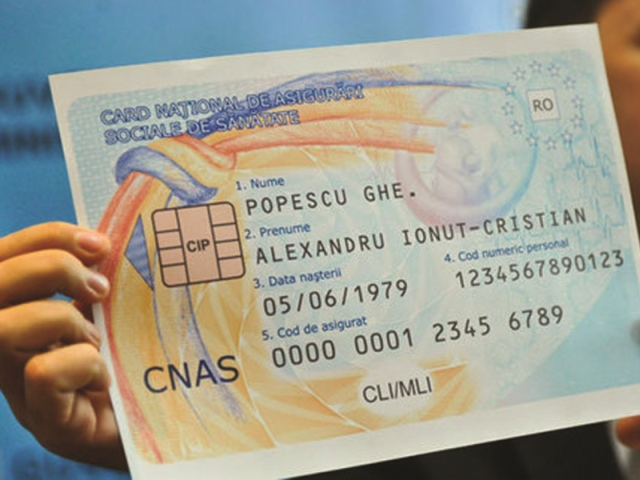PARLIAMENT – Parliament on Friday resumed its plenary sessions after the summer recess. The main legislative priorities on the agenda are the amendments to the pension law, to the justice laws, and setting up the Sovereign Investment Fund. The Senate and the Chamber of Deputies must vote on draft laws pending from the previous session, on legislative initiatives and on the Governments emergency orders.
STATE OF THE ECONOMY – The prime minister of the left of centre Romanian Government, Mihai Tudose, will go to Parliament on Monday, to take part in the “Premiers Hour debate and give explanations on the state of the national economy. The decision was made by the Standing Bureau of the Chamber of Deputies, at the request of the right wing National Liberal Party, the main opposition party in Romania. The Liberals say there are concerns that Romania might soon face an economic crisis similar to that in 2009. In another move, the leader of the Social Democratic Party, the main party in the ruling coalition, Liviu Dragnea, in his capacity as Speaker of the Chamber of Deputies, says the economy is not facing major problems.
CORRUPTION – The president of the National Health Insurance Authority, Marian Burcea, was arrested on Friday by anti-corruption prosecutors. Burcea is suspected of illegally reimbursing medical services. Another 13 people have been arrested in the same case. Burcea was sacked right after his arrest. Anti-corruption prosecutors suspect the funds of the Bucharest Health Insurance Authority were embezzled by refunding sham medical services. Hundreds of false medical records were allegedly forged, involving several employees who enjoyed the protection of the institution and of the National Health Insurance Authority. On Thursday, prosecutors searched the headquarters of dozens of companies and institutions, as well as the homes of certain people in Bucharest. The fraud purportedly caused an estimated prejudice of 3 million euros.
US-RUSSIAN RELATIONS -
The war of sanctions and reactions between Moscow and Washington was resumed on
Friday, with the closure of the Russian Consulate in San Francisco, at the
request of the White House, FP reports. The US also ordered the closure, by Saturday,
of two Russian commercial missions, in Washington and New York, respectively.
Also on Friday, some two thirds of the US
diplomatic missions staff in Russia, left their embassies and consulates. The
measure was taken at the end of July by the Kremlin leader, Vladimir Putin, in response to the new economic
sanctions imposed by the US on Russia. Although Donald Trump’s taking office in
January seemed to herald the re-launch of bilateral relations, they continue to
sour, against the backdrop of accusations on Russia’s interference in the 2016
presidential elections in the US and of suspicions of an alleged understanding
between Mr. Trump’s campaign team and
Moscow, FP reports.
ENESCU FESTIVAL – The George Enescu International Music Festival, one of the most prestigious events of its kind in Europe, kicks off on Saturday and will bring to Bucharest and other 7 cities in Romania over 3,000 of the worlds most acclaimed musicians. For three weeks, spectators will be able to attend some 80 concerts and events. This years honorary president is conductor Zubin Mehta, while the festivals artistic director is another conductor, Vladimir Jurowski. Some of the concerts on the festivals agenda will be broadcast live on Radio Romanias culture and music channels. The opening concert will be George Enescus “Oedipus Opera performed by London Philharmonic Orchestra, under the baton of Vladimir Jurowski.
TENNIS – Romanian tennis player Monica Niculescu, no. 57 WTA, has advanced to the third round in the US Open, the last Grand Slam tournament of the year. In the second round Niculescu ousted another Romanian, Ana Bogdan, 108 WTA, after three sets. Niculescu will next play Jennifer Brady of the United States. The best performance for Monica Niculescu at the US Open was reaching the round of 16 in 2011. Niculescu is the only standing Romanian player in the competition, after Sorana Cirstea lost to Jelena Ostapenko of Latvia. Another three Romanians, including Simona Halep, were knocked out in the opening round. In the womens doubles, Romania is represented by Sorana Cirstea, Irina Begu and Raluca Olaru, while Horia Tecau will be playing in the mens doubles. (Translated by V. Palcu and D. Vijeu)

